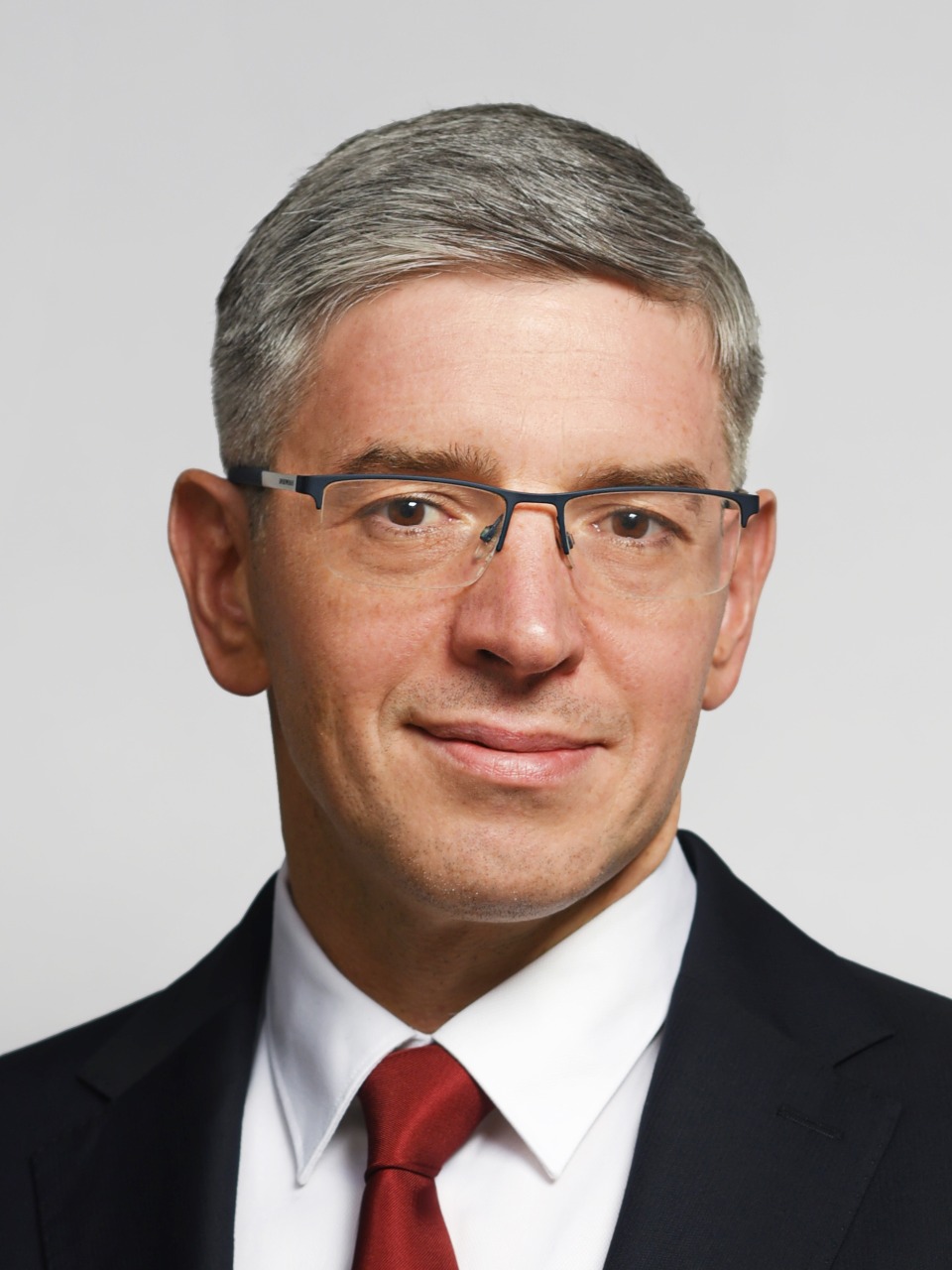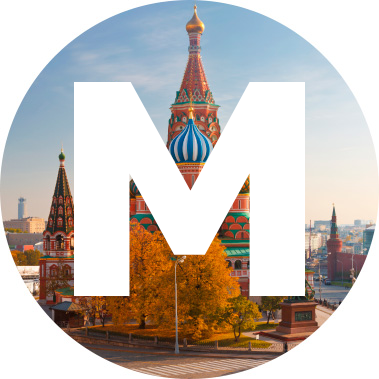
Moscow
The development of foreign economic activity of the city's entrepreneurs is one of the key tasks of the Moscow Government.
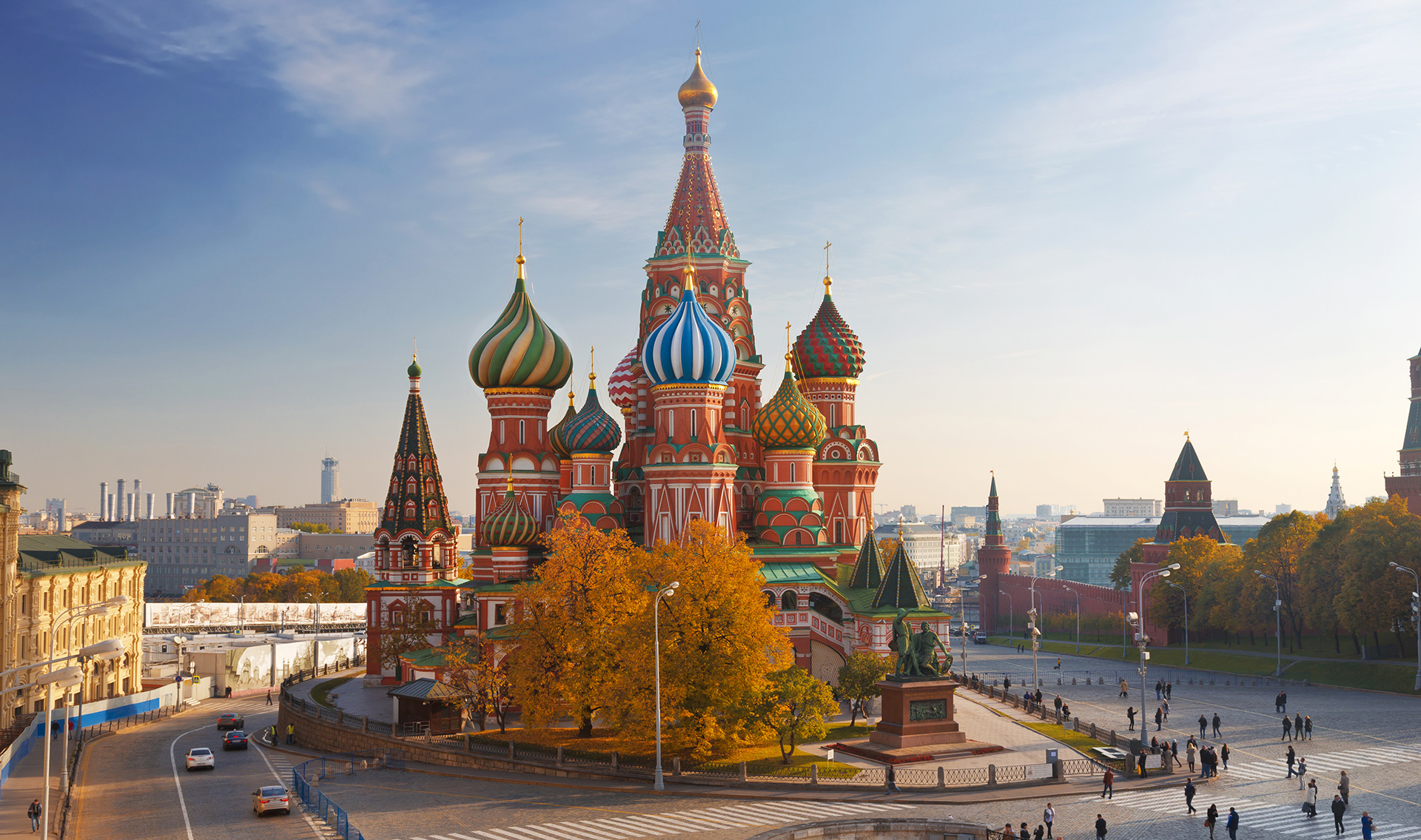
The volume of non-primary non-energy exports of the region for 2020
dollars
Which product sectors were the most in demand in 2020?non-metallic materials and products ($1.7 billion, growth +69%)medical and pharmaceutical products ($503 million, growth +39%) food industry ($1.0 billion, growth +5%) Kazakhstan, Belarus, China, India and Ukraine most often bought the finished products of the city. What are these products?The Republic of Kazakhstan – passenger cars, detergents and cleaning products The Republic of Belarus – aluminum wire, passenger cars, hair products The People's Republic of China – turbojet engines, special vehicles, computer blocks India – non-optical measuring and control devices, parts of radio and television equipment, parts of turbo engines Ukraine – medicines, paper and cardboard, perfumes and toilet water Several export industries are worth highlighting especially: so, a significant increase was demonstrated by sales of technological products, international development of IT projects, the supply of goods of a wide range consumption.
Export of high-tech products
In 2020, sales of high-tech products of Moscow enterprises abroad increased by 44%. In financial terms, the volume reached $30 billion. The main importers of goods in this industry are the countries of Western Europe, the CIS and East Asia. At the same time, Moscow's share in the structure of all-Russian exports of high-tech products is more than 30%.
Export of IT services
IT services are included in the list of the most promising branches of Moscow exports: according to the Central Bank of the Russian Federation, Moscow ranks first among the regions of the Russian Federation in terms of exports of telecommunications, computer and information services.

The export of IT services from Moscow by the end of 2020 amounted to 3.4 billion dollars (+28.8% compared to 2019). At the same time, Moscow's share in the export of IT services from Russia is 57.2%.
Export of consumer goods
In 2020, the volume of exports of consumer goods produced in Moscow increased. The top importers included the Republic of Kazakhstan, the Republic of Belarus, Ukraine, Uzbekistan and the People's Republic of China: these countries accounted for more than 65% of all foreign supplies. Most often, capital companies exported cleaning products, hair products, cosmetics to these countries.
The financial support of the IEC in 2020 amounted to
rubles'
Support of the IEC in numbers
In 2020, the volume of direct financial support amounted to 500 million rubles: these indicators include subsidies and grants issued to existing exporters. This is 7 times more than in 2019. The number of unique companies supported by the Moscow Export Center has increased 5 times. Enterprises that already sell supplies abroad could reimburse the costs of certification, adaptation, patenting of products, certification of management systems, as well as transportation, or receive a grant in the form of an "export cashback" under contracts worth at least 6 million rubles.
How else did the Moscow Export Center develop the export potential of entrepreneurs in 2020?
Organization of business missions for Moscow Companiesin a year, the Moscow Export Center conducted 13 business missions for companies in the city. In 2019, there were only 5 such events. The MET pays for the entire business component of business missions, including the organization of negotiations and translation services. This year, the capital's entrepreneurs could present their products to partners from Japan, Azerbaijan, Indonesia, China, Vietnam, Korea, Morocco, Bahrain, Germany, Austria, Saudi Arabia and other countries. In total, the IEC financed participation in business missions for more than 250 companies in Moscow, for which about 1,400 business meetings with foreign buyers were organized.
Financing of participation in specialized exhibitions around the world in 2020, Moscow enterprises took part in 26 exhibitions. Among them are the largest profile events in the USA, Germany, France, Singapore, Great Britain, Kenya, Spain, UAE, Portugal, Vietnam, Indonesia and CIS countries. Due to the pandemic, almost all of them were held in an online format, nevertheless, the METZ organized hundreds of meetings with potential buyers for 475 companies. In 2020, the Moscow Export Center supported the city's film producers, medical organizations, IT projects, construction companies, as well as companies from the food industry at exhibitions.
Acceleration programs to increase the export potential of 70 companies in Moscow this year received co-financing of the cost of participation in acceleration programs implemented by the Moscow State University Skolkovo and the Accelerator of the FRII. The business support program was launched last year: as a result, the number of participants increased more than 2 times – from 29 to 70. In addition, for entrepreneurs who are already developing sales on the marketplace Europages.com, an acceleration program E-commerce Success was organized, for which more than 140 applications were submitted.
Development of online export of Moscow entrepreneurs This year, the Moscow Export Center actively supported the development of online trade of the city's enterprises. So, already working on electronic platforms Europages.com and Alibaba.com entrepreneurs were given more than 330 accounts with premium status, which gives additional marketing advantages when selling on marketplaces. In addition, this year a support program with a guaranteed conclusion of a foreign trade contract was launched for the first time: 50 Moscow companies were selected for placement on the popular Chinese Tmall platform. Among them are manufacturers of food products, including sweets, healthy snacks and bars, flour, instant cereals and other enterprises that will be able to place and sell goods for free on the largest Chinese electronic platform with the support of the Moscow Export Center during the year.
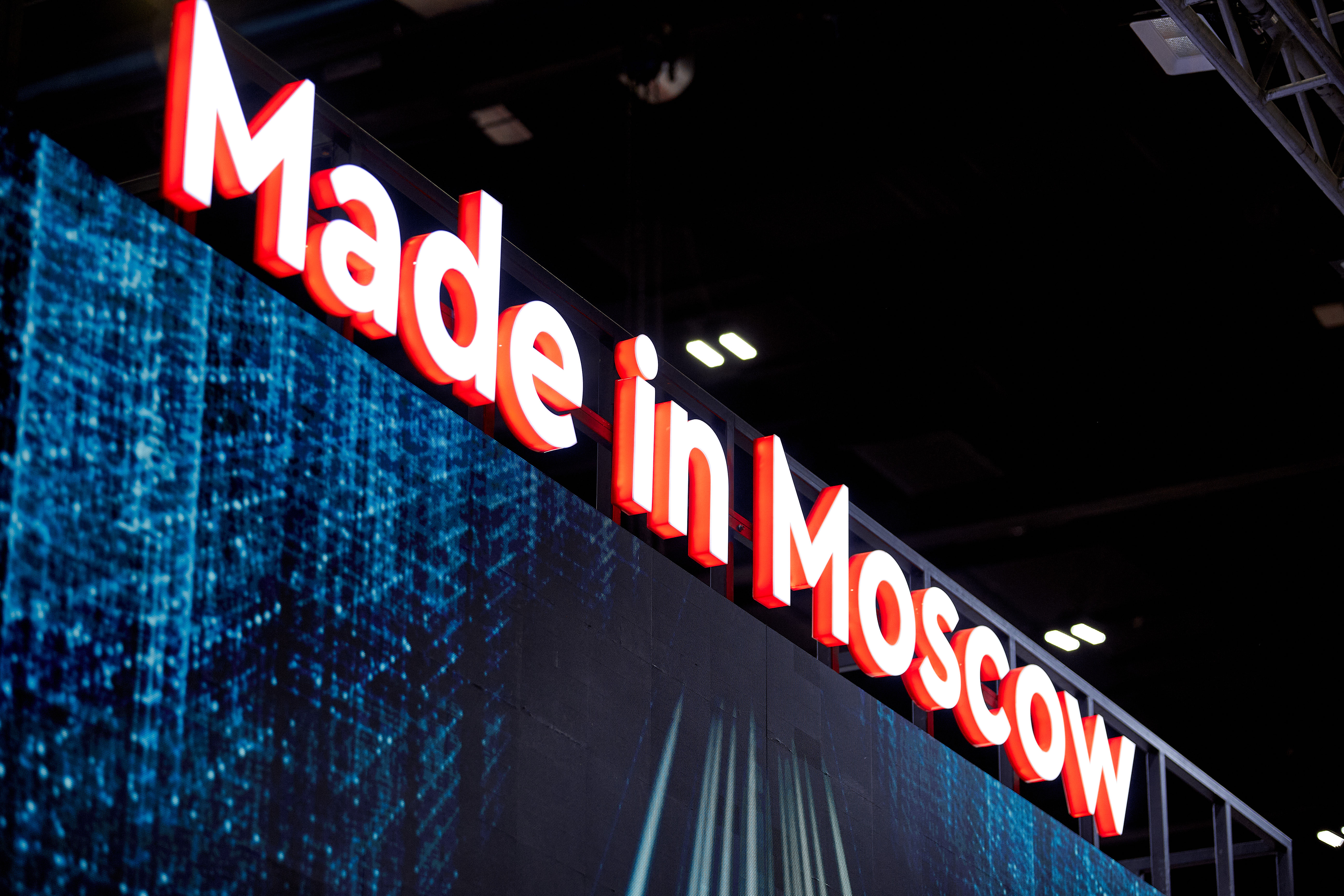
Moscow export support in numbers: 2020
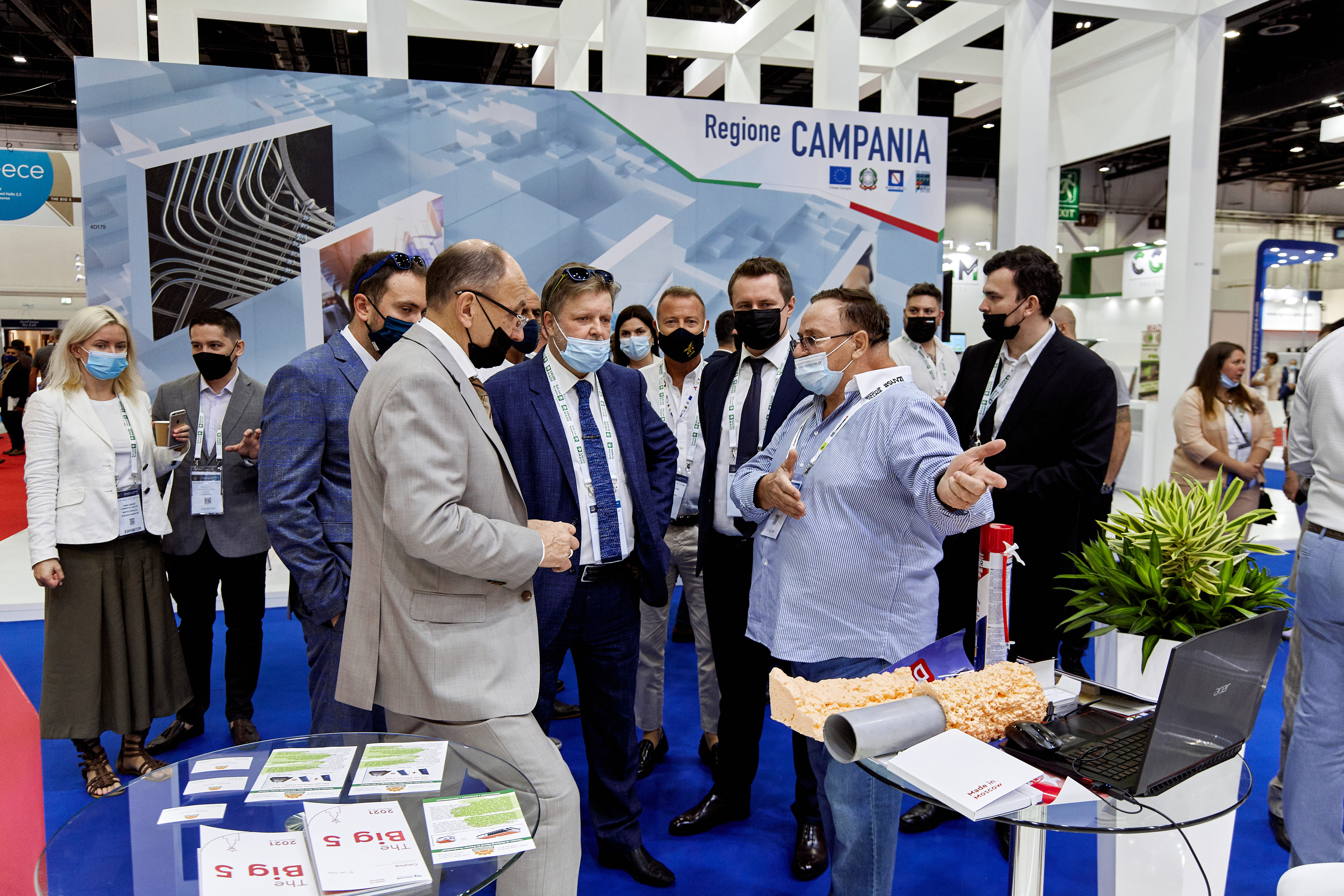
12,671 services provided to recipients of support from the Moscow Export Center
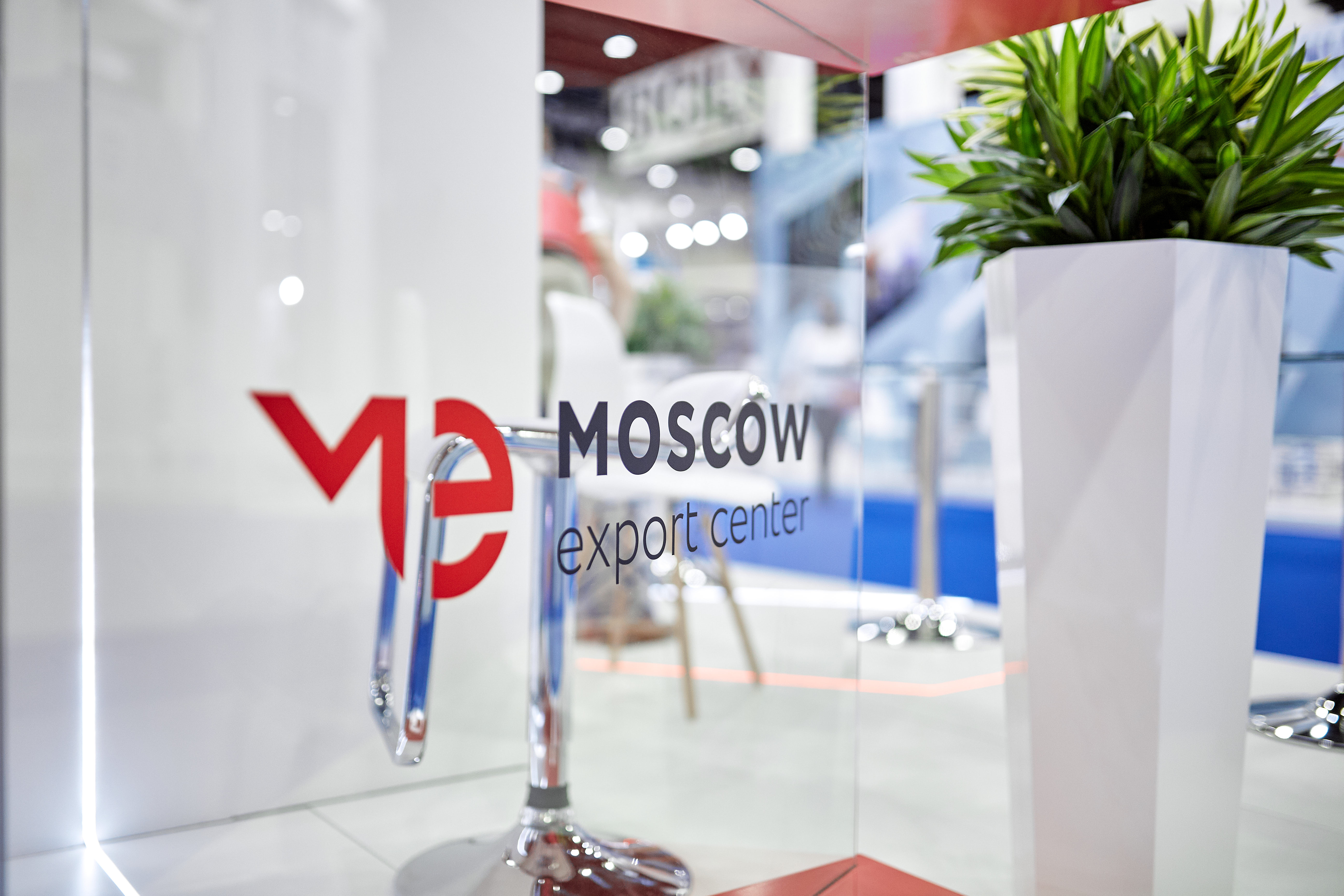
To stimulate the growth and development of the industry, the metropolitan government has developed and introduced support measures
Educational programs of the Moscow School of the Exporter
The Moscow School of the Exporter is a part of the Moscow Export Center and implements free webinars and conferences for companies of the city that plan to develop in foreign markets. So, in 2020, the number of registrations increased 3.6 times: as a result, about 10,000 people became participants of the event! In addition, in 2020, the number of classes held increased by 24% compared to 2019.
Personal consultations on foreign trade issues
The Moscow Export Center finances personal export consultations for Moscow entrepreneurs. Companies can choose the most interesting topics, ask questions to specialists and receive detailed comments on foreign economic activity. In 2020, the IEC program was launched for the first time: 92 consultations were held from May to December.
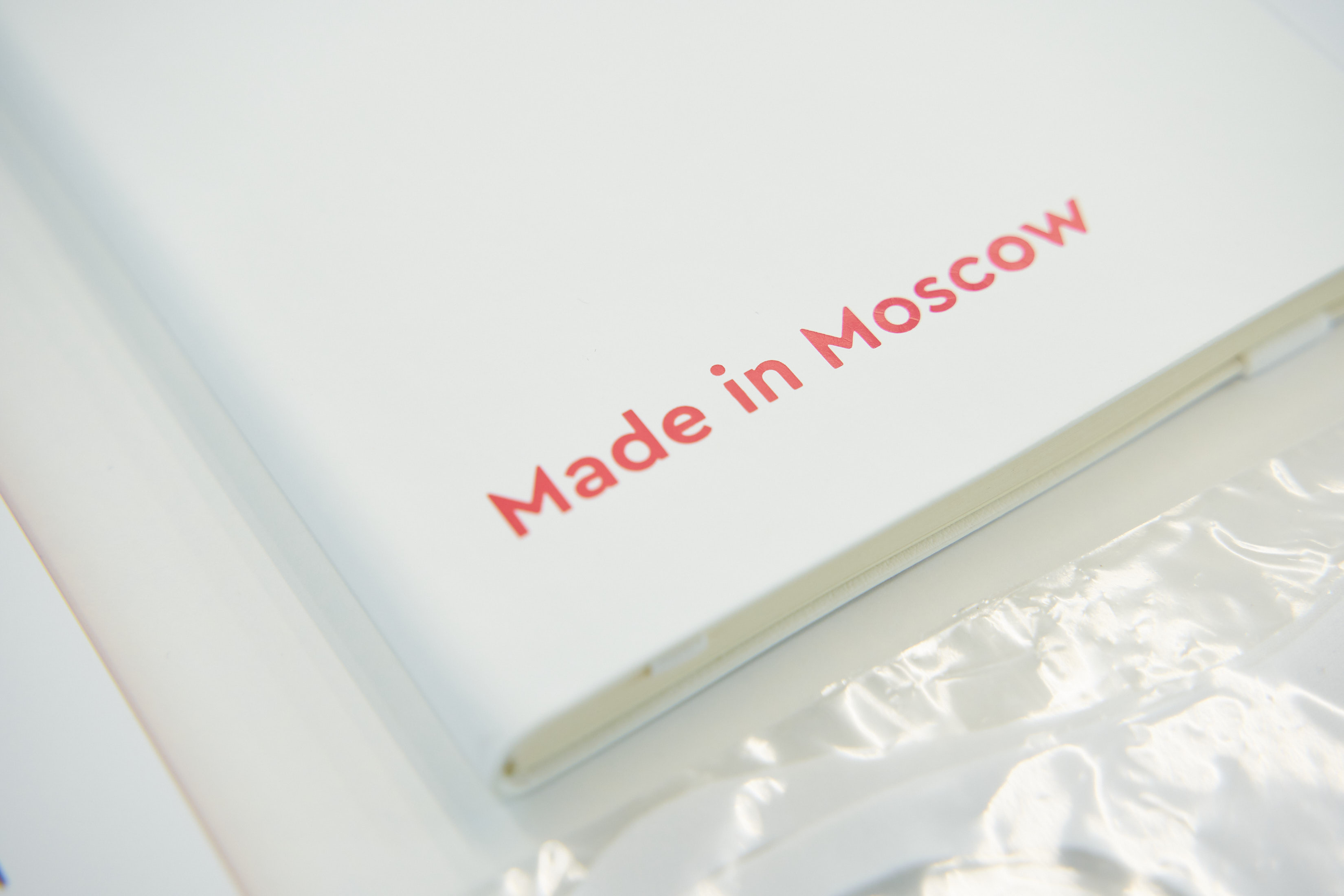
Selection of potential buyers
The Moscow Export Center employs MatchMaking specialists who select interested foreign buyers for the city's entrepreneurs. The service is free for Moscow enterprises. According to the results of 2020, contacts of potential buyers were found for 160 metropolitan companies.
Placement of Moscow companies in the Export Catalog
The proposals of Moscow companies can be found on the MET website through the Made in Moscow electronic catalog. The catalog includes information on 12 branches of production. At the end of 2020, cards of 3145 companies were placed in the catalog of the Moscow Export Center.
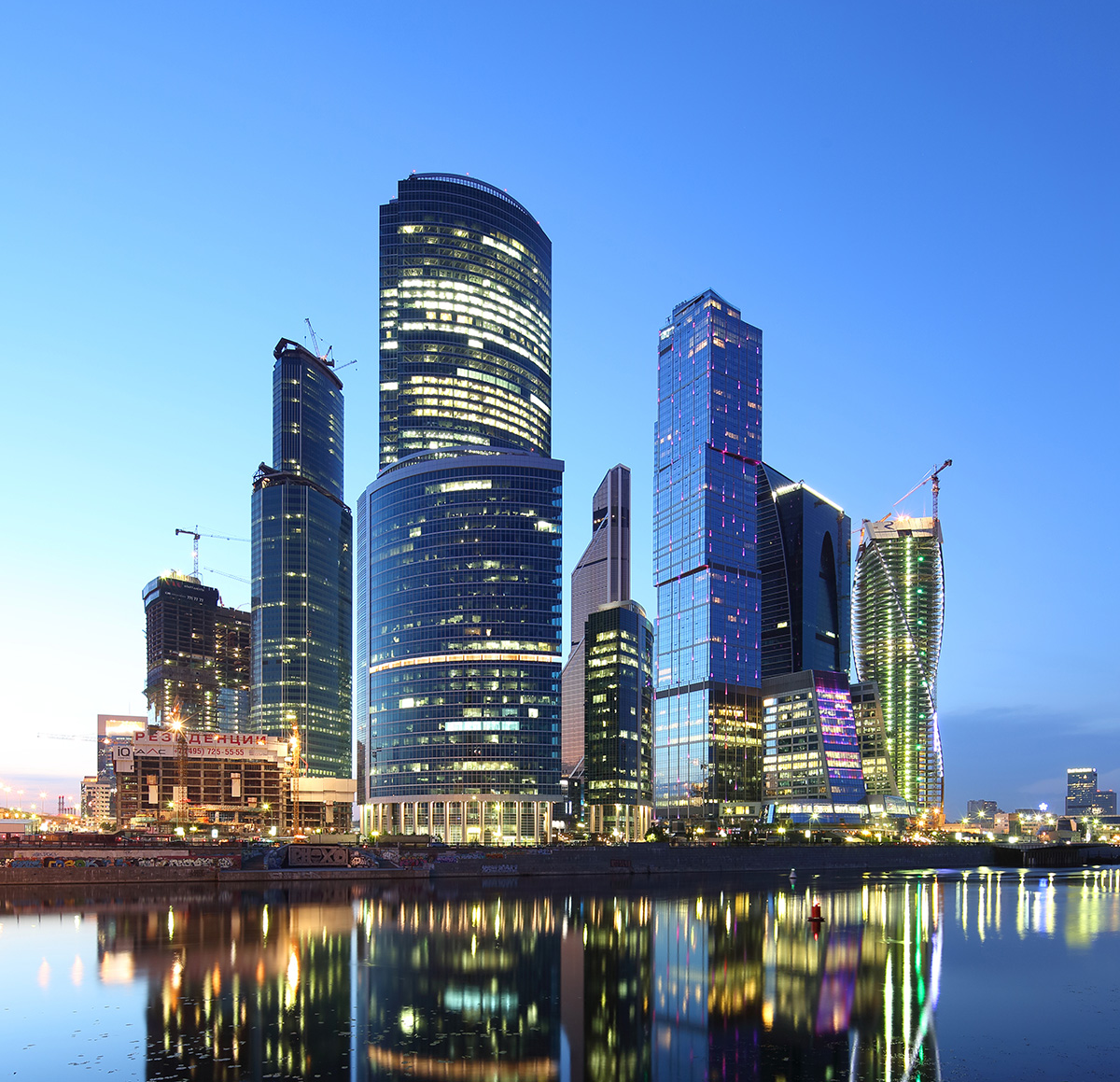
The main importers of finished capital products are Kazakhstan, Belarus, China, India and Ukraine
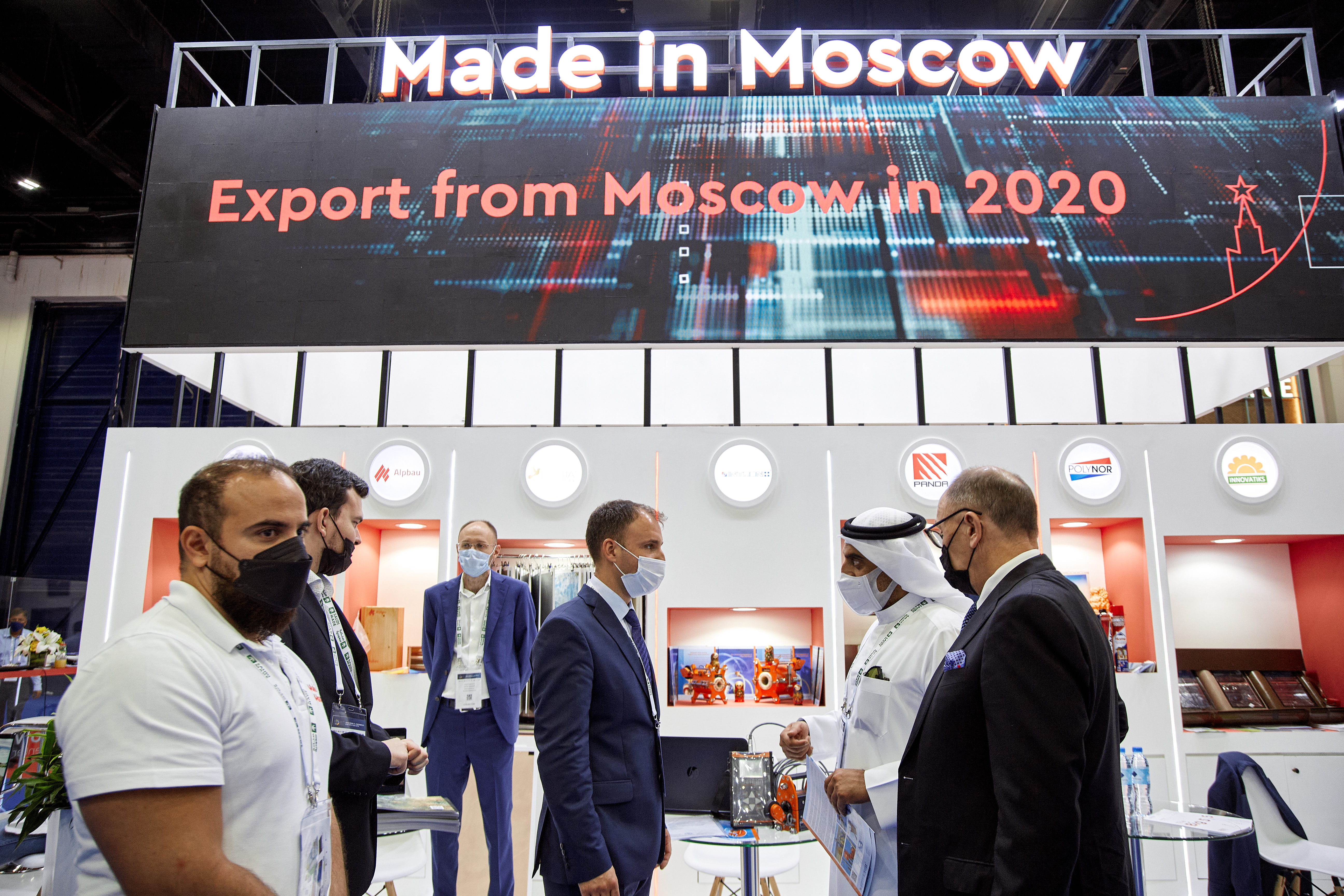
Moscow enterprises participated in 26 exhibitions in 2020
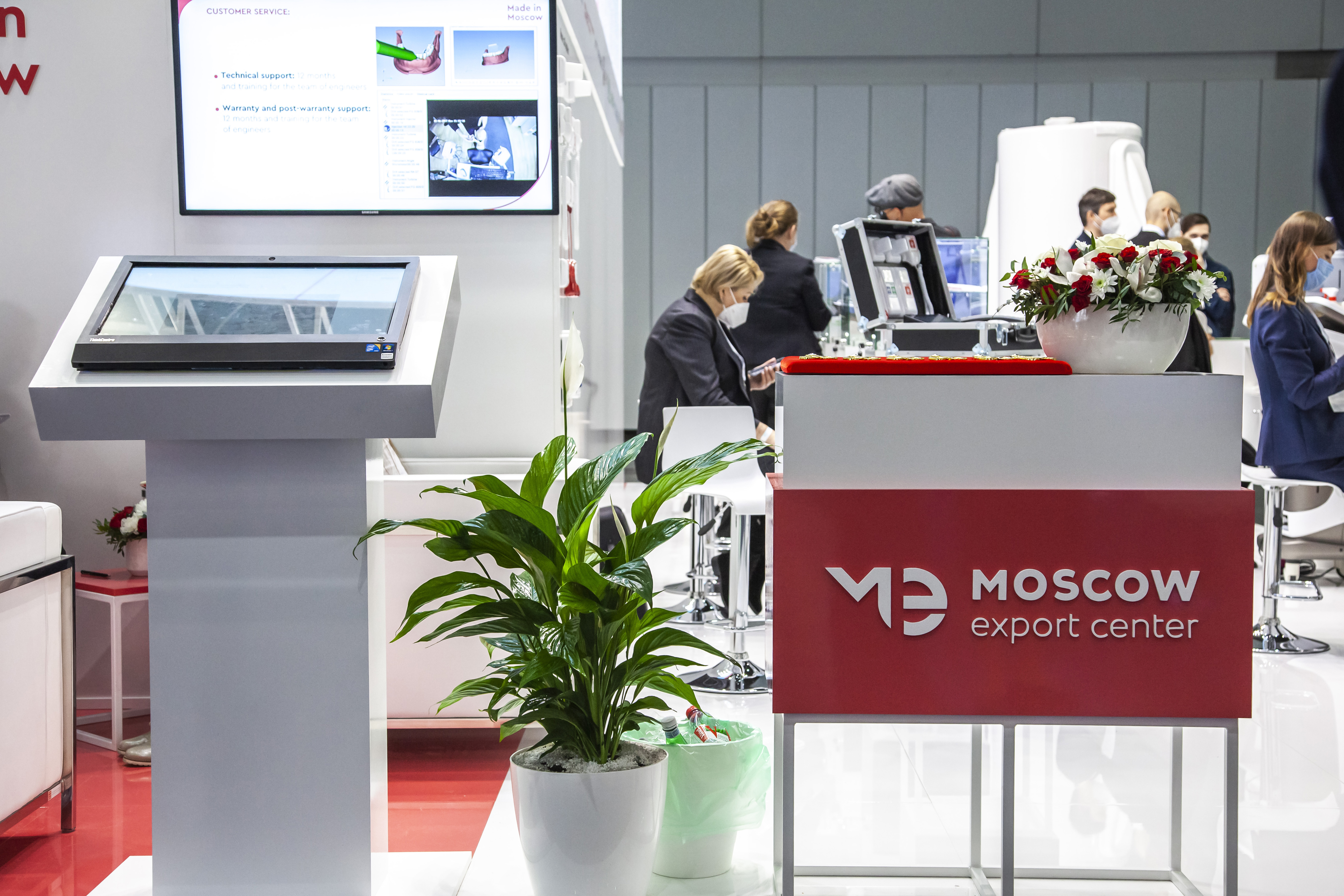
Sales of high-tech products of the capital's enterprises abroad increased by 44% in 2020
Fursin Alexey Anatolyevich
Head of the Department of Entrepreneurship and Innovative Development of the city of MoskvyData born: December 1, 1974
Education: State University of Land Management in Moscow, studied at the Russian Academy of Public Administration under the President of the Russian Federation.1998 - 2000: work in the Department of State and Municipal Lands as the chief specialist of the Department of Federal Lands, adviser, Deputy Head of the Department of State Lands of the State Committee of the Russian Federation on Land Policy.2000 - 2004: holds the position of Head of the Legislative Works Department of the Land Reform and Regulatory and Methodological Support Department of the Land Policy Department of the Ministry of Property Relations of the Russian Federation, as well as Deputy Head of the Land Reform Department.2004 – 2007: work in the Management of Immovable and Movable Property of the Federal Agency for the Management of Federal Property as Deputy Head of the Department.2007 - 2008: holds the position of Deputy General Director for the delimitation of state ownership of land and Regional development in the Directorate of the Federal State Unitary Enterprise "Federal Computer Center for Stock and Commodity Information Technologies (FT-Center)". 2008 - 2015: work in the Department of Land Resources and Real Estate as a manager, then in the Federal Fund for Housing Development Assistance ("RZHS FUND") as First Deputy General Director.
